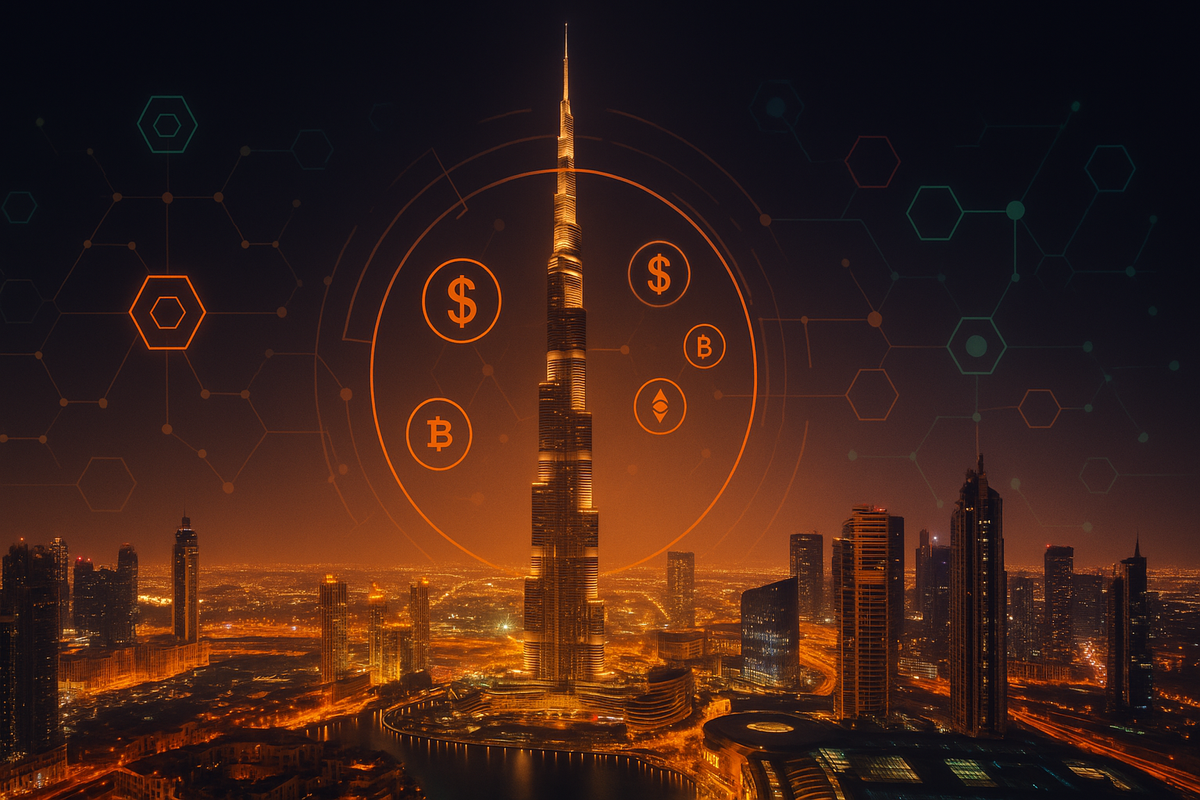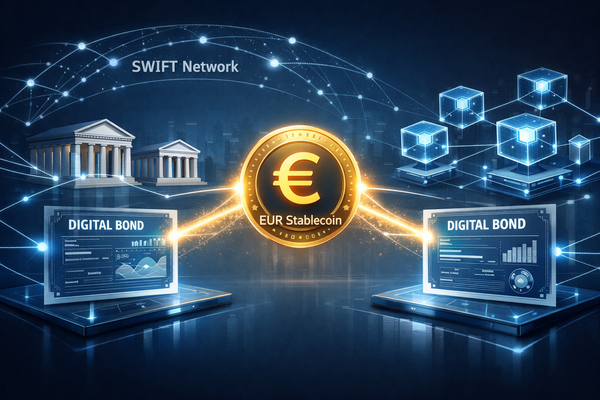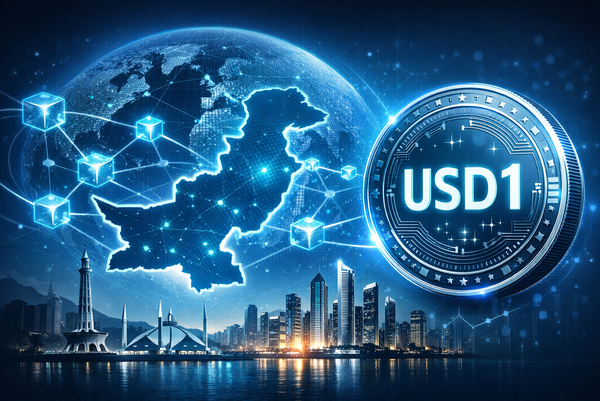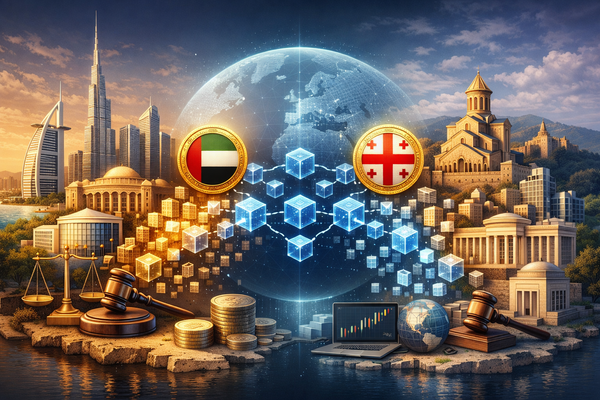How Dubai Became the World’s #1 Regulated Crypto Hub
Dubai has built the world’s largest regulated virtual asset market through clarity, innovation, and leadership. Learn how VARA and Dubai’s forward-thinking policies transformed it into the global capital of crypto regulation.

In just a few short years, Dubai has transformed from a fast-growing financial city into the world’s most advanced and well-regulated crypto hub. What began as an experiment in digital innovation has now evolved into a global model for crypto governance, regulation, and adoption.
Today, Dubai is home to the largest licensed virtual asset market in the world, a title that no other city or region has been able to claim so decisively. But how did this happen?
Dubai’s crypto journey started with a bold and visionary move, the creation of the Virtual Assets Regulatory Authority (VARA).
VARA was established with a clear mission: to provide a structured legal framework for digital assets and ensure both innovation and investor protection coexist.
Unlike other regions where crypto regulations remain vague or conflicting, VARA gave clear definitions of virtual assets, exchanges, custodians, brokers, and service providers. This eliminated uncertainty for startups and institutions wanting to operate legally in the UAE.
Dubai became the first city in the world to have a dedicated regulator solely focused on virtual assets.
Clarity Over Chaos
One of Dubai’s greatest strengths has been clarity. While other jurisdictions debated how to regulate cryptocurrencies, Dubai moved quickly to define the process.
Every licensed company in Dubai must follow a structured compliance regime covering anti-money laundering, consumer protection, transaction monitoring, and operational transparency.
This level of clarity attracted hundreds of firms, from exchanges and blockchain startups to fintech and tokenization projects, all looking for a safe, legally recognized home.
The Rise of the Licensed Market
As a result of these initiatives, Dubai now holds the largest regulated virtual asset market in the world.
The numbers tell the story, billions of dirhams in transaction volume flow through licensed entities every year.
Major global exchanges like Binance, OKX, Crypto.com, and others have secured VARA licenses, bringing liquidity, innovation, and trust to the ecosystem.
A Global Magnet for Innovation
Dubai’s leadership understood early that blockchain was more than just cryptocurrency. It was the foundation for digital transformation across multiple sectors.
The government encouraged partnerships between blockchain companies and local enterprises, from real estate tokenization to digital payment pilots and on-chain identity verification.
Dubai’s real estate developers began offering tokenized ownership models, financial institutions explored blockchain-based settlements, and fintech companies tested digital asset custody under VARA’s oversight.
This blend of regulation and experimentation turned Dubai into a real-world sandbox for blockchain innovation.
Government Vision and Support
Behind Dubai’s success lies visionary leadership. The UAE government has consistently recognized the potential of Web3 and blockchain to diversify its economy beyond oil.
Initiatives like the Dubai Blockchain Strategy and Dubai Metaverse Strategy encouraged the creation of over 1,000 blockchain-related companies. The leadership’s message was clear, innovation is welcome, but it must be responsible.
Safety, Trust, and Compliance
Investor confidence has always been a key challenge in crypto, but Dubai tackled it head-on.
VARA introduced strong compliance standards for digital asset custody, wallet security, and KYC/AML requirements.
These standards made Dubai an attractive destination not just for crypto startups but also for institutional investors who value transparency and compliance.
In short, Dubai offered what other markets could not, freedom with accountability.
Tokenization and Real-World Assets
Another area where Dubai is leading globally is tokenization.
Real estate, commodities, and private investments are being digitized and traded on blockchain platforms.
This emerging sector bridges traditional finance with Web3, and Dubai is positioning itself at the center of this transformation.
By allowing regulated tokenization, Dubai is proving that blockchain can power real-world financial ecosystems, not just speculative markets.
Why Dubai’s Model Works
Dubai’s crypto success is not just about regulation, it’s about balance.
The city created a regulatory system that welcomes innovation but enforces compliance. It provides transparency for investors but flexibility for entrepreneurs.
It’s this balance that has made Dubai the global headquarters for crypto, blockchain, and fintech companies.
The momentum isn’t slowing down. Dubai is working on expanding its crypto policies to include stablecoins, tokenized securities, and AI-integrated finance models.
As global regulations evolve, VARA continues to refine its rulebooks to maintain Dubai’s position as the world’s most trusted hub for digital assets.




